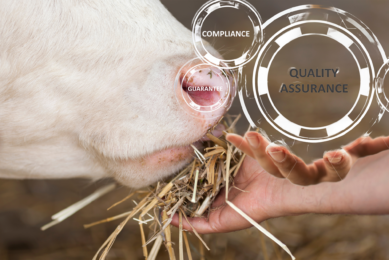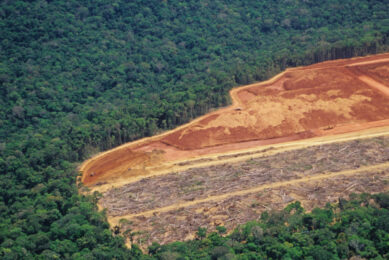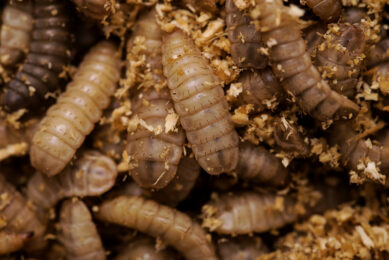Valuable animal proteins are safe for feed use

Draft legislation published by the European Commission confirms the safety, feed value and environmental importance of processed animal protein, according to EFPRA, the body which represents European animal by-product processors.
“We are pleased that after thorough examination of safety and value of processed animal protein, the EU Commission has moved to amend the regulations,” says Niels Leth Nielsen, EFPRA President. “Assuming that the new legislation is approved by member states later this year – which we hope it will be – this valuable feed ingredient could be back in selected rations within a year.
“The legislation will restrict the use of processed animal proteins to feed for omnivores and carnivores including pigs, poultry and farmed fish. The ban on feeding animal proteins to ruminants remains in place.
“Another important safeguard, the ban on intra-species recycling, also remains. The draft regulation requires that animal by-products destined for feed use are handled and processed separately to prevent any potential cross-contamination, ensuring that feed for cattle and other ruminants remain free of processed animal protein.
“Sustainability has been a concern for the duration of the post-BSE feed ban,” explains Mr Nielsen. “Animal feeds have used soya and other imported vegetable proteins, or harvested fish meal, all of which carry significant environmental costs.
“European pig and poultry producers and fish farmers may now be able to use PAP in-feed if they wish,” Mr Nielsen points out. “Whether they wish to is, of course, a commercial decision. However it is still vitally important that we have access to export markets for processed animal protein made from high quality European animal by-products, putting European producers on a level playing field with their non-European counterparts.”
Fabra, the Food and Biomass Renewables Association which represents the lion’s share of UK animal by-product processing capacity, has welcomed EU legislation which, if approved, will allow processed animal proteins to be used in selected pig, poultry and fish feeds.











